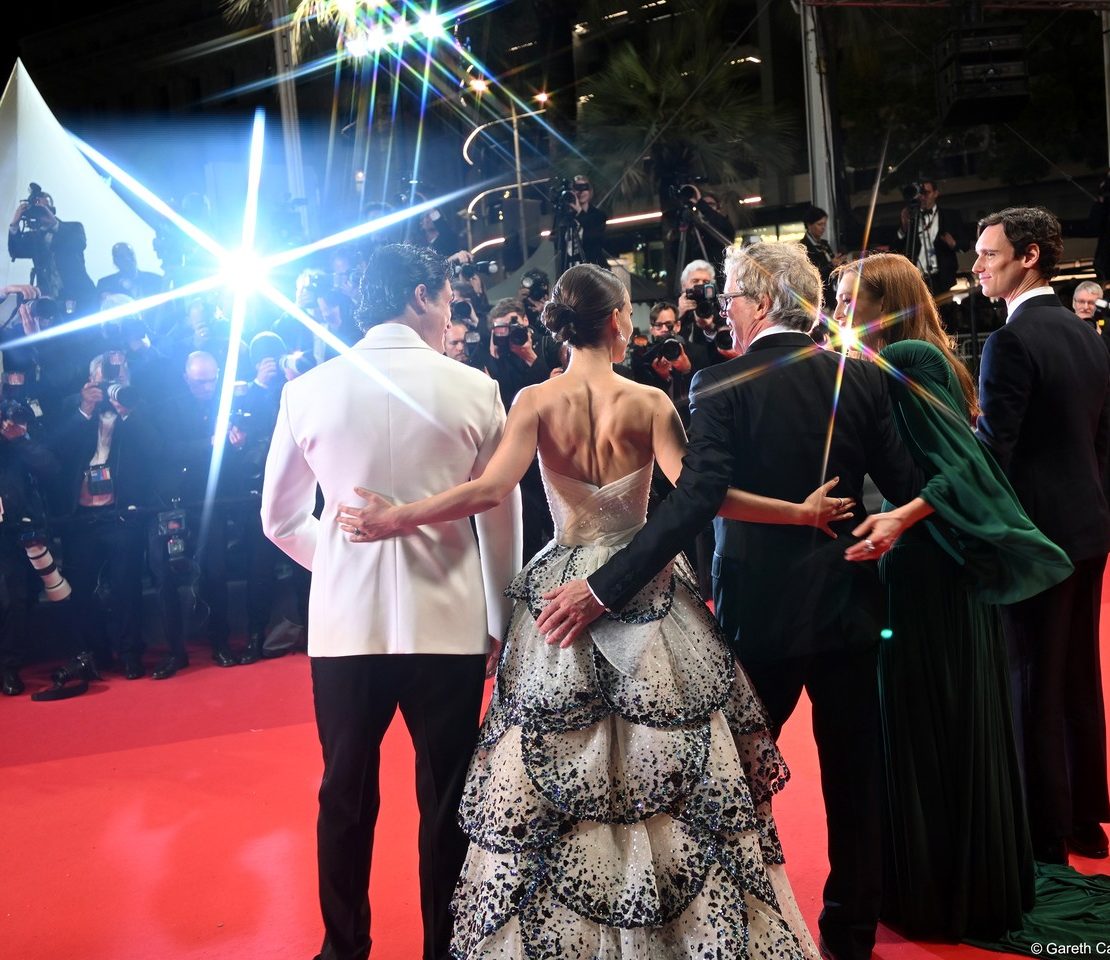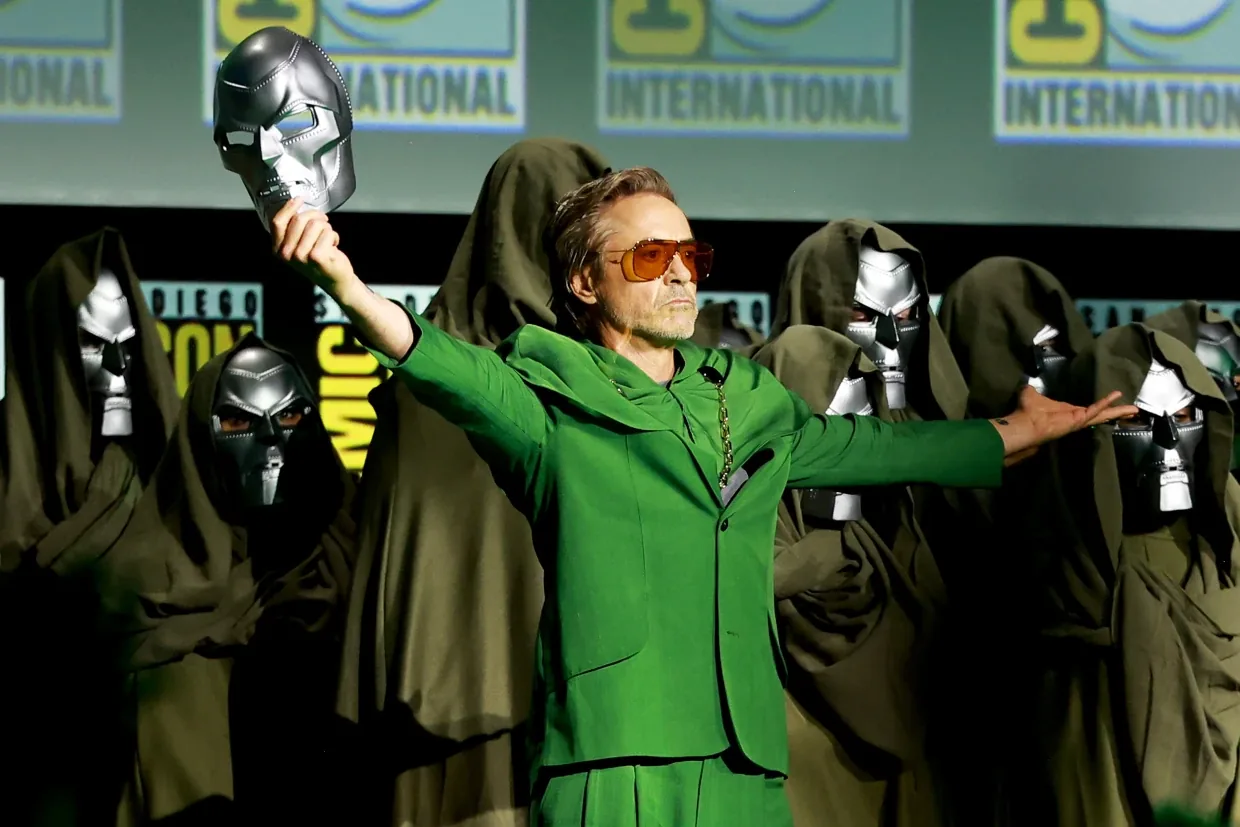Last week, the 76th Cannes Film Festival in France officially kickstarted with controversies, red-carpet faux pas and a few good films sprinkled in between.
Cannes, one of the world’s most prestigious film festivals was initiated with the purpose of celebrating cinema – but over the last few years, glamorous red carpets and celebrity culture has overshadowed the films and artists being celebrated. In its early days, Cannes was an extremely exclusive event, inviting only industry insiders and rising artists whose films they were featuring. Hollywood productions would hesitate to send in their films because of the very popular notion that if a film failed at Cannes, it would fail everywhere. But the annual festival has lost much of its magic. Since 2017, the festival also started inviting social media influencers, a decision that was met with confusion.
This year too, many of the films screened at the 2-week-long festival barely garnered noise outside – Johnny Depp’s Jeanne du Barry, which opened on the first evening was an exception but only due to the controversies surrounding the actor. When you google Cannes today, much of the buzz is about who wore what to the red carpet, instead of the films.
This is not to say that Cannes fashion has never been influential. The festival has been around for 76 years and is the second oldest film festival in the world, after Venice, and throughout its history, the festival’s fashion has been just as noteworthy as its films. But throughout the years, it’s undeniable that the red carpet has become a lot more important than the films. Most of the celebrities who walk the red carpet at Cannes are only there to promote the brands who have hired them. In the last few years, brands have become more varied and now beverage and social media brands have also entered the picture, which explains why one sees more social media influencers on the red carpet along with many film actors.
But why do we care so much about fashion at an event where films should ideally be the talking point? This only goes to show how much fashion has taken centre stage in pop culture now. Just about a few years ago, fashion was a arguably niche field. Now, with wider accessibility, even industry outsiders have started analysing fashion, as compared to how we used to simply enjoy it. With a recent drop in the popularity of award shows, people now tune into fashion-centric events like the Met Gala instead, dissecting every look according to the theme. And even in events where film and television should be the central attraction – red carpets are stealing the spotlight.
The rise of TikTok and Instagram reels paired with the pandemic-induced lockdown elevated style like never before. People who had never cared about clothes before started finding an escape in the art of styling and experimenting with different aesthetics. Brands like Saint Laurent and Louis Vuitton started live-streaming their runways on social media – so the world of fashion has overall gained a much wider audience. Compared to that, the films often showcased at Cannes are hardly available to the masses – the non-English films especially get very limited releases. So it makes sense that many of the discussions surrounding the film festival are not about films at all.
Fashion is one of the most versatile art forms – it’s everywhere. It’s a tool for self-empowerment and artistic expression especially for marginalised communities. At Cannes, unlike at most fashion events, there are no confusing themes to limit the fashion choices of attendees and their designers, and the surplus of events at the festival creates room for every celebrity to have their moment.
So although, the fashion at Cannes does often overshadow the original intent of the festival; I think it has also helped catapult its fame among a younger audience. Over time, as the discourse grows – the films will come back into the picture. So I don’t see it as a competition for attention between films and fashion. It’s rather a two-way street with Cannes, the fashion helps make the festival more accessible – while it provides a global stage for not just filmmakers but also designers and artisans who put hundreds of hours into creating art.





